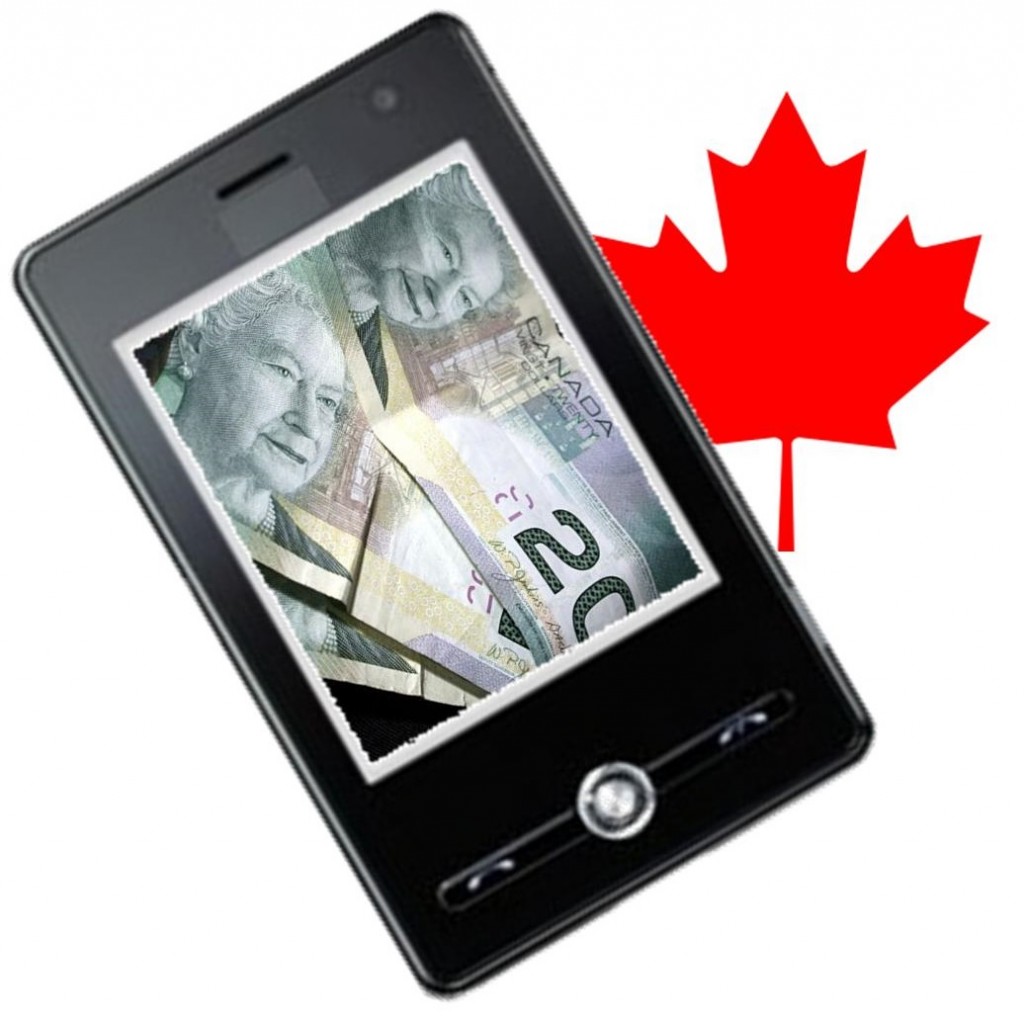Mobile payments firm gains momentum through Series B funding
Mobile payments firm Flint has managed to fly below the radar through much of this year, but the company has begun attracting significant attention as it makes progress with its mobile commerce endeavors. The firm recently announced support for the Android platform in order to expand the reach of its mobile payments services. This week, Flint announced that it has raised more than $6 million in Series B funding, led by the Digicel Group and SVG Partners. Funding from the Digicel Group may provide some insight on the future of Flint.
Digicel leads Series B funding for Flint
The Digicel Group is not a well known name in the U.S., but is quite prominent in the Caribbean and the South Pacific. The organization operates within the mobile sector and has a strong interest in mobile payments and providing wireless services to consumers. The Digicel Group has, to some extent, become a popular alternative to more conventional telecommunications companies. Both Flint and Digicel share a lot in common, as both companies look to bring new life to the mobile space.
 Flint aims to make mobile payments easier for merchants
Flint aims to make mobile payments easier for merchants
Flint was launched in May of 2012 and aims to make it easier for new entrepreneurs to enter into the mobile space and embrace mobile payments. The firm offers services that allow businesses to process mobile payments in a convenient manner and without the need for a dedicated point-of-sale system. Using the Flint application, merchants can scan a consumer’s credit or debit card and process a payment quickly, using a fingerprint to authorize transactions. Flint also offers competitive rates when compared to services offered by similar companies.
Funds will help company expand
The funding that Flint has risen will help the company to improve its various mobile payments technologies. It will also help the company expand its team of developers, which is currently 16 people strong. Much of the company’s future plans are kept secretive, however, which may be a good thing considering the aggressive competition that is common in the mobile payments sector.

 The ranking from MasterCard placed only Singapore ahead of Canada in terms of being prepared for the widespread adoption of mobile payments. It assigned a score of 0 to 100. Canada scored a 42, whereas Singapore received a score of 45.6. The global average was 33.2.
The ranking from MasterCard placed only Singapore ahead of Canada in terms of being prepared for the widespread adoption of mobile payments. It assigned a score of 0 to 100. Canada scored a 42, whereas Singapore received a score of 45.6. The global average was 33.2.